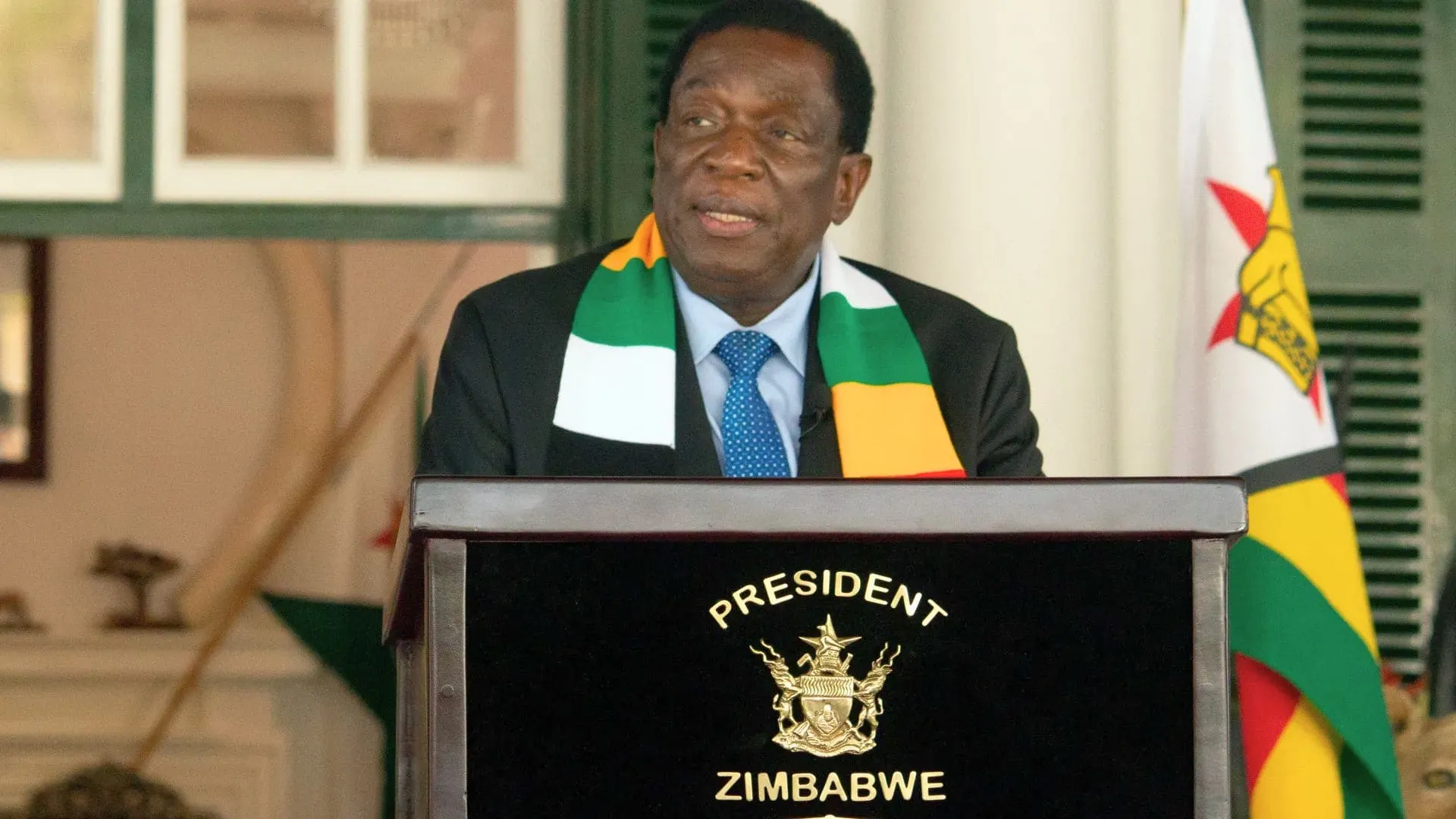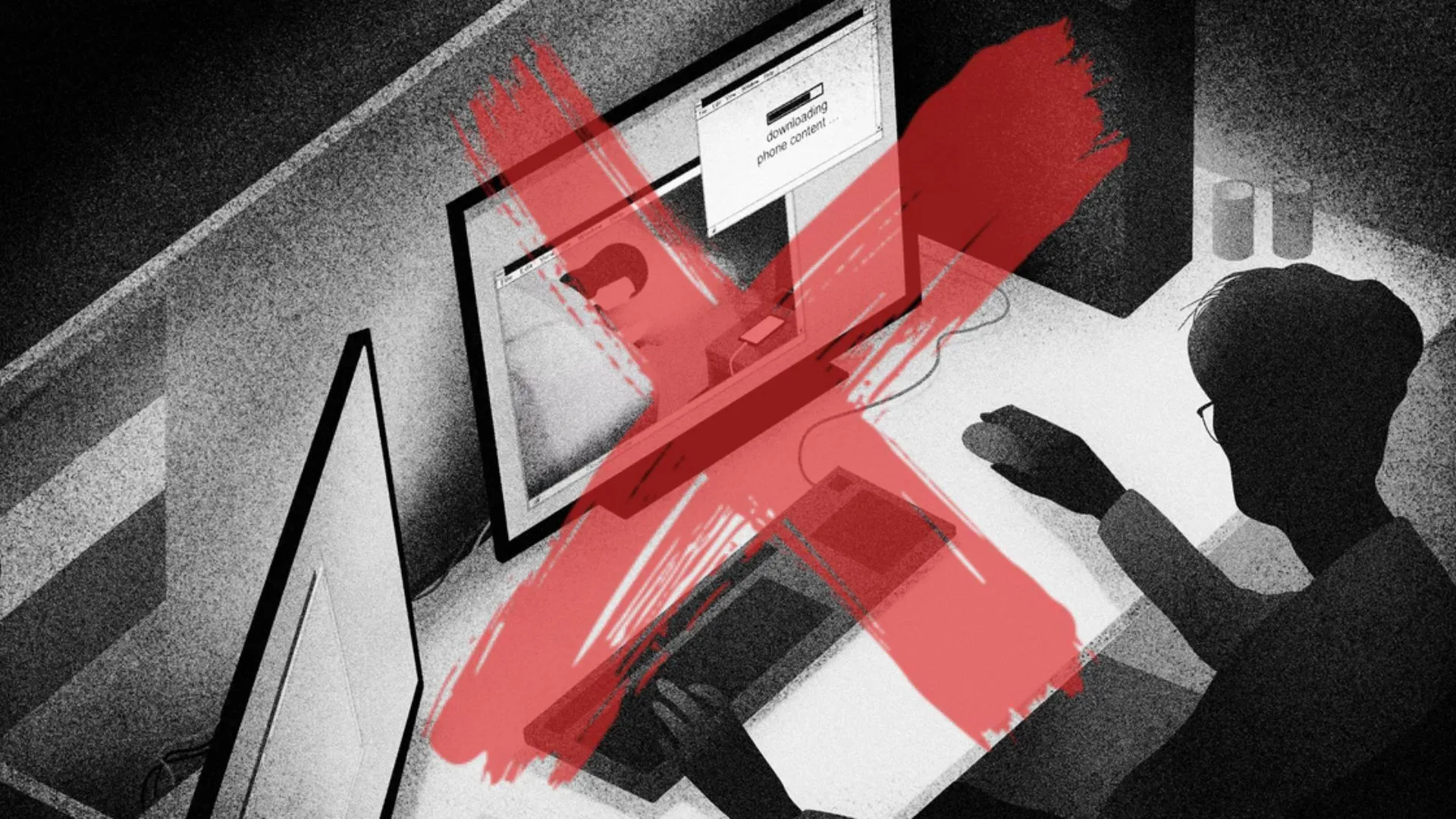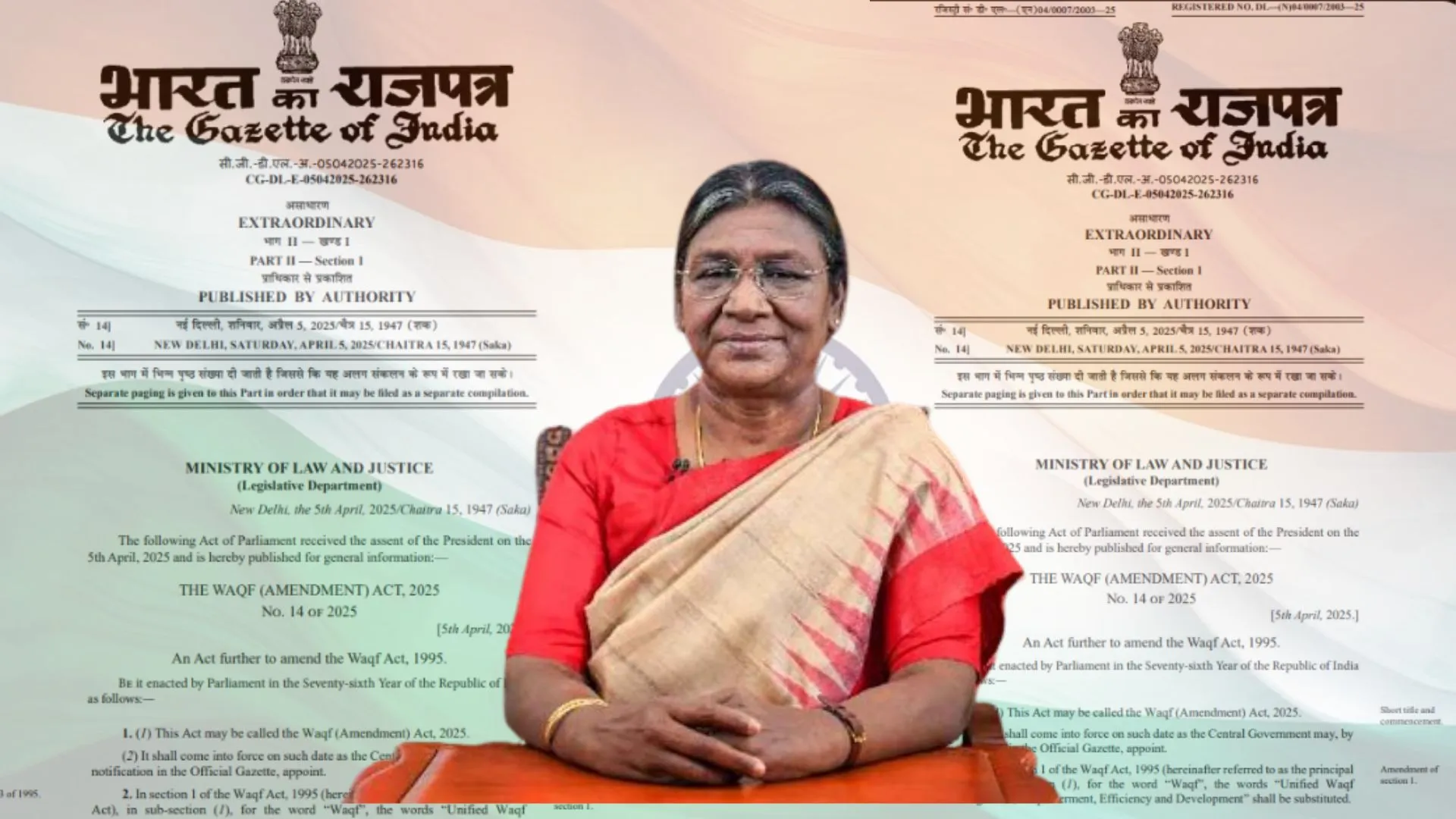The local elections held in the UK last week, surprisingly showed a better than expected performance by the Labour Party, besides a question mark over the Conservative Party’s future at the next general elections.
Last week’s local elections in the UK, political fortunes were swayed once again by the voters disillusioned by constant bickering and lack of performance by the Sunak-led Conservative government, coupled with continuously increasing cost of living and no sign of the Brexit windfall for the economy, as promised by the Conservative Party.
The results, showed the Labour Party surprisingly gaining more than 1,000 Conservative seats in the local elections in the country.
Keir Starmer, the Labour leader, seemed overjoyed by winning more than 500 seats, which the party believes may bolster its chances of winning power again in 2024, as its projected vote share points out for the first time in 14 years.
“Make no mistake, we are on course for a Labour majority at the next general election,” Starmer was quoted as saying, having previously urged caution within his shadow team against any complacency about winning.
In a statement post-results, PM Rishi Sunak conceded that the English council results were “disappointing”, Sunak additionally faces a scathing verdict from some of his MPs and the first rumblings of a threat to his leadership from allies of Boris Johnson.
The BBC’s projected national share of the vote put Labour on 35%, the Conservatives on 26% and the Lib Dems on 20%, while other parties secured 19% of the votes.
The Labour Party got surprising successes in Hertsmere, in Hertfordshire, the seat of the deputy prime minister, Oliver Dowden, where the Tories lost overall control of the council.
The Liberal Democrats also had a good showing in the south of England against the Tories, winning more than 400 seats, and lifting their hopes of being kingmakers in any hung parliament at the next election.
Among their gains were Windsor and Maidenhead, the local council of former prime minister Theresa May, and Stratford-upon-Avon, the seat of the former chancellor Nadhim Zahawi.
Sunak and his party chairman, Greg Hands, attempted to put a positive spin on the results, insisting there had been “no groundswell” of switching from Conservative to Labour voters.
However, some Tory MPs expressed upset at the loss of so many councillors from 2019’s already low base. One Conservative MP described the losses to the Lib Dems and Greens in the south as “a bloodbath”.
Meanwhile, allies of Boris Johnson associated with the Conservative Democratic Organisation (CDO) suggested Sunak should face a confirmatory vote of members and that no one should rule out a comeback for the former prime minister.
David Campbell Bannerman, the chair of the CDO, told Times Radio that he “blames Rishi because he brought down Boris” and claimed Conservative MPs would act out of “self-preservation” to replace the prime minister.
Other Tory MPs were more sceptical, with the former Johnson supporter Michael Fabricant saying: “Part of the whole problem with the Conservatives is not only the cost of living crisis but what happened last year. So if we start to repeat that then we not only will not win the next election, we won’t deserve to.”
Johnson is still awaiting the verdict of the privileges committee inquiry into whether he misled parliament over Partygate, and some of Sunak’s supporters blamed “former prime ministers” and the turmoil of the past year for putting voters off the party.
However, he said it was on course to be “the largest lead that the Labour party have recorded on our measure since losing power in 2010” and he described the Conservative position as “not far off rock bottom”.
Sunak is now likely to face calls from within his party to change direction, although he faces a challenge of addressing a threat from the Lib Dems in the home counties and south-west, and Labour in the north, Midlands and some southern towns and cities.
Cracks in Conservative unity already began on Friday with Rehman Chishti, a former leadership contender, criticising Suella Braverman’s rhetoric on immigration.
Basically, voters are “frustrated and angry” at the Conservative government, a cabinet minister has admitted. Lucy Frazer, the culture secretary, said that this week’s results, in which her party lost more than 1,000 local councillors, reflected concerns among voters about the high cost of living.
But she insisted the Tories’ poor performance was a result of the party being in power for 13 years and the war in Ukraine, rather than a reflection on Rishi Sunak as prime minister.
Labour, meanwhile, played up the gains it made in Brexit-voting parts of the country where it lost badly in 2019, which party strategists believe will be key to winning the next general election. Figures published on Sunday by the Observer show that in the most heavily leave-supporting areas, Labour is seven points ahead of where it was two years ago.
Despite the party’s claims that it is on course for a majority at the next election, polling experts said Thursday’s results were more consistent with Labour being the largest party in a future hung parliament.
The results have refocused attention on what smaller parties would do if neither Labour nor the Conservatives win a majority next year. Ed Davey, the Liberal Democrat leader, on Sunday ruled out a coalition with the Conservatives.
The Greens have won majority control of a council for the first time in the UK amid a triumphant set of local election results, with the party gaining close to 240 seats by Friday night, well above even internal expectations.
The party will, however, be particularly cheered by the overwhelming result in Mid Suffolk, where local Greens had been quietly confident of securing the five gains needed to take control, but ended up taking an extra dozen seats.
The latest results once again show that in a democracy you can’t take voters for granted, until and unless you are banking on your past performance. An in the UK voters have become more and more disillusioned with the Conservative Party due to the last year’s power tussle, coupled with constantly increasing cost of living and no real accruals seeming to come to the economy or the people after Brexit, as promised by the Conservative politicians.
The future indeed looks bleak for the Conservative party in the next general elections in the UK, but you can’t predict anything for certain in politics, just like the latest results.

Asad Mirza is a senior political commentator based in New Delhi. He can be contacted at www.asadmirza.in























